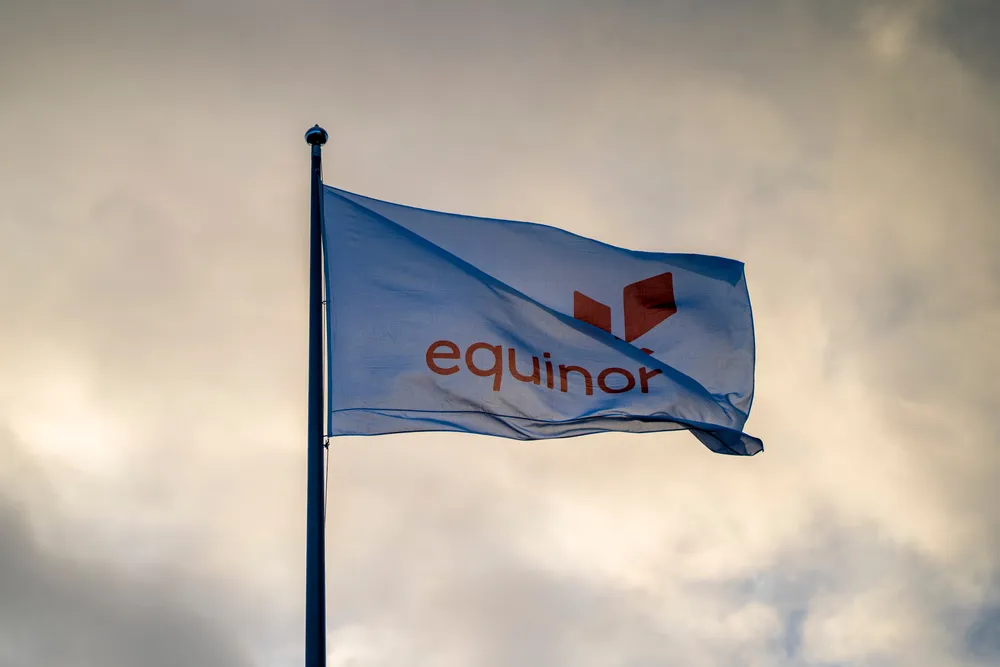Equinor completes Russian exit… but fellow Western majors face more hurdles
Norwegian player ‘released from all future commitments’ in country as ExxonMobil and Shell face Kremlin resistance to their exit plans and TotalEnergies faces public pressure
